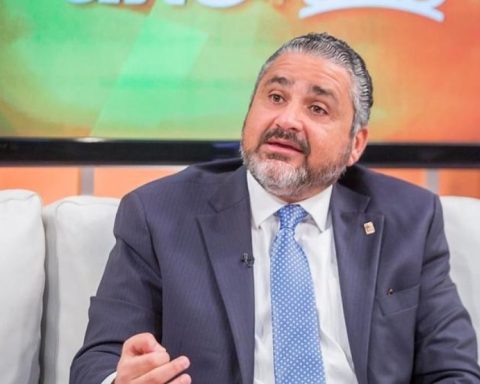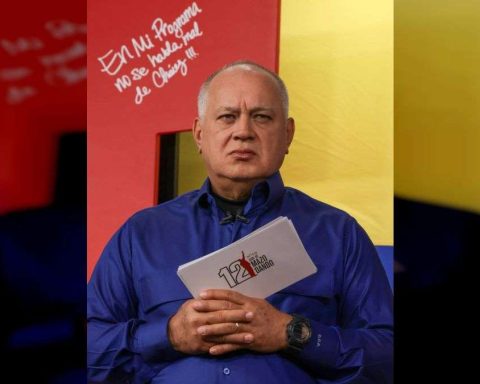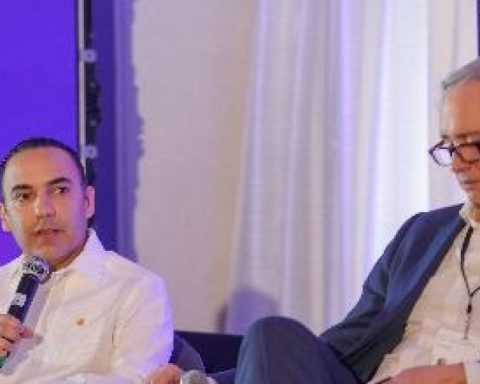With regard to some articles that appeared in the press due to the resignation of the general (re) of the FACH as director of the National Academy of Political and Strategic Studies (ANEPE), the Defense and Armed Forces Analysis Group (GADFA), they noted the need to democratize and demilitarize ANEPE based on its membership and the needs of the Ministry of Defense and not be a military body.
“The National Academy of Strategic Political Studies (ANEPE), continuation of the Higher Academy of National Security (1974), is a public higher education institution-service dependent on the Ministry of National Defense (Law 20,424) and recognized by the Higher Education Law ( LOC 19.584) It is organized through the Organic Regulation of Operation (ROF), reformulated in 2019 to materialize the military pre-eminence in it. Since 1974, officers of the Armed Forces have been maintained as authorities of the ANEPE despite being a defense institution and not a military one”, they begin by saying in a statement signed by the members of GADFA, academics, many with doctorate degrees from various universities and public and private entities, of broad interdisciplinary and ideological origin.
“In an action inconsistent with democratic and higher education standards, and hidden in the Public Sector Readjustment Law (Law 21,306 of December 31, 2020), President Piñera legalized (Article 37) his military structure: “In the In the case of the Director of the National Academy of Political and Strategic Studies, it will be required to be a retired officer of the Armed Forces who has reached the rank of General Officer of the Armed Forces in accordance with the provisions of literal a) of article 36 of Law No. 18,948, and with a minimum experience of four years in the exercise of command, leadership or management”. The current leadership of ANEPE (director, deputy directors and heads of units), as well as the faculty, is made up mostly of retired general officers, plus some civilians, with visions configured in light of the 1980 Constitution,” they add. .
“Its teaching, research and extension activities are aimed at increasing knowledge in defense and security matters in the personnel of the Armed Forces, of the forces of order and public security, of the State administration and of the private sector. However, despite the fact that this academy should have created the institutional space for an original and reasoned strategic discussion on defense matters, it was encapsulated maintaining unilateral views of defense and the role of the Armed Forces. expanding the doctrine of national security with new titles such as expanded security, hybrid wars and polyvalence, among others, the political and social processes are securitized in a way that is at odds with an effective democracy,” they explain.
“Although among its declared objectives it intends to integrate civilian academics in its tasks, these are not included in its Board of Directors. Its academic body does not show the appropriate professional, disciplinary and political diversity. This makes the educational process of ANEPE approach more to a military education -instruction of certainties in its conceptions and knowledge-, of rapid obsolescence and that does not account for the complexity and uncertainty of the current reality of defense, despite the attempt to sum up branches and concepts that have been done in the curricula of the different training programs and instances. It thus moves away from an education in defense of the 21st century based on two basic theoretical foundations: as a democratic public policy and capable of managing this uncertainty”, they affirm.
The proposals
In this line, the members of GADFA, propose a series of measures to solve what they warn. The first, “the urgent modification of the ANEPE law, reviewing its functions and composition to put it at the level of equivalent centers at the international level as a trainer of generations of civilians and military in defense from a democratic, complex, interdisciplinary and strategic perspective. Especially, modify Article 37 of the Public Sector Readjustment Law of 12/31/2020 that perpetuates a military man in its direction, without specifying suitable qualities for it and strengthening the civilian and multidisciplinary presence “.
Second, they ask to “transform their ROF to guarantee proper defense education. The current ROF gives the Armed Forces a broad mission by incorporating the undefined notion of “security” and extending its task to “law enforcement and public security”, even though its institutional dependency lies in the Undersecretary of Defense. This regulation blurs the academic mission in terms of national defense by including, confusing, issues of public order that should be the subject of the Academy of Police Sciences of Carabineros and the Higher Academy of Police Studies of the PDI. Occupying the Armed Forces in the protection of internal order distorts their function and exposes them to politicization.”
“Promote learning for complexity and permanent change (eg Elcano Royal Institute), based on the intersection of different disciplines of international relations and defense, multi and transdisciplinarity and disciplinary plurality” and “modify the curriculum and those who teach in the field of defense. The disciplinary fields need to incorporate logical and reflexive criticism at the same time as the pragmatic and value perspective of democratic diversity and human rights”, they add. Along with the above, they ask to establish “an ANEPE plant in order to provide institutional stability, reduce job insecurity and avoid changes of course according to the government that assumes.”
“Overcome the distorted idea that National Defense is reduced solely to the role that the military plays in it. Defense is a political issue and everyone’s and it is worked on in a systemic way through the various national capacities,” they conclude.


















